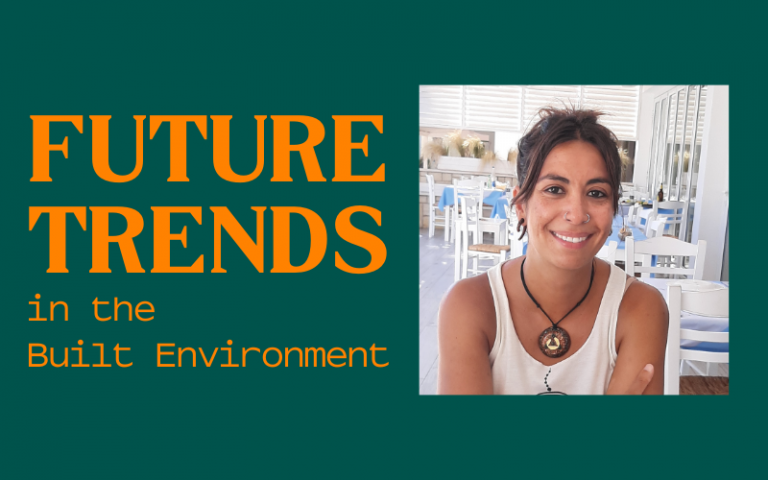Future Trends with Jordana Ramalho
9 February 2021
Future Trends is a series of interviews with researchers at The Bartlett to hear their take on future trends and developments for the built environment in 2021.

This week, we spoke to researchers across The Bartlett Faculty of the Built Environment to find out their predictions for future developments and trends in 2021.
Today we’re hearing from Jordana Ramalho, Lecturer in Development Planning for Diversity at The Bartlett Development Planning Unit. Jordana’s research spans urban geography, gender and development, and feminist political ecology. In her work Jordana adopts an intersectional approach to examining the socio-spatial politics of urban development and related issues of land tenure insecurity, displacement, and grassroots social movements.
Which trend(s) do you see developing in your area or discipline?
I see a greater focus on health, housing, and climate change, environmental sustainability, as well as digital inclusion and connectivity. The COVID-19 pandemic has exposed the collective implications of failing to address pervasive and longstanding inequalities in access to healthcare, housing, and decent work, and the centrality of paid and unpaid care work to the survival and resilience of households and communities. It has also confirmed the inability of profit-driven, extractive and discriminatory structures and logics of development to meet the social, economic and environmental challenges we are currently facing. This collective awakening is influencing the kinds of conversations taking place in the broad field of urban planning and development, and pushing us to reflect on what a more socially just form of urban resilience and sustainability should or could look like in practice and what steps need to be taken to get there.
What you predict to become a focus in the coming year?
I think that the focus in urban planning and development in 2021 will continue to be driven by calls for creating cleaner, greener, healthier, and more resilient cities. The challenge will be taking this from rhetoric and ambition to meaningful action. Given the growth in remote working, rethinking public transportation systems as well as digital inclusion and connectivity are likely to be in the spotlight, as well as issues relating to healthcare, housing and WASH infrastructure which have clear implications on COVID-19. I would love to see more attention paid to care economies and investments in social protection programmes, but whether this will happen awaits to be seen…
 Close
Close

